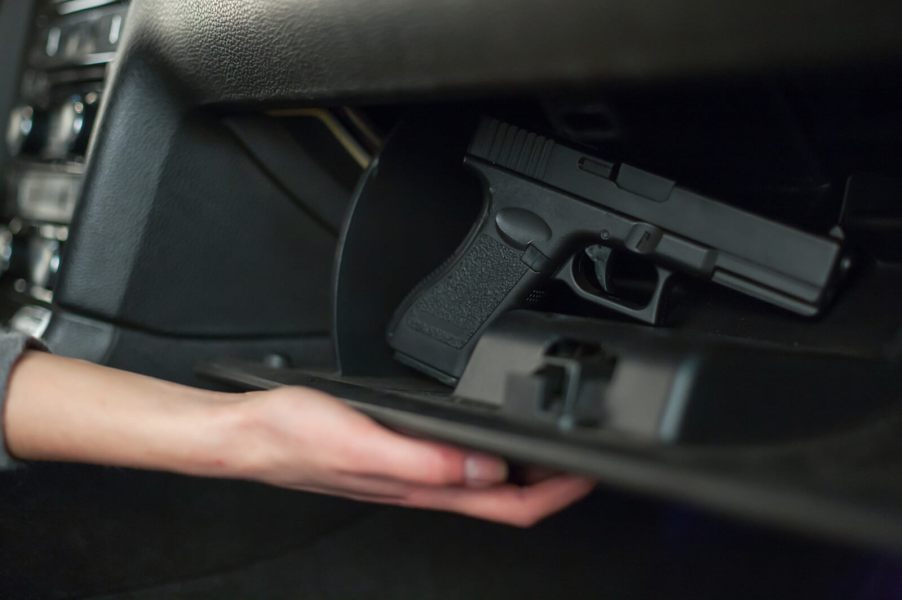
No, ‘Safe Passage’ Doesn’t Mean You Can Drive Any Gun Across Any State en Route to Somewhere Else
One of the most misunderstood firearms laws in the country is the Federal Safe Passage Provision of 18 U.S.C. 926A. The ruling essentially says that a person can transport firearms from one state where they are allowed to another one where they are allowed. Some folks think this means they can concealed carry all the way across the country, as long as their final destination is a “constitutional carry” state. But this couldn’t be farther from the truth.
First and foremost, you can still be arrested and tried for a gun crime in many states. This means you may need to post bail and return often to the state where you are being tried. The Federal Safe Passage Provision would only kick in during your trial.
Secondly, the Provision is not a sort of “hall pass” to waltz from state to state with a firearm. Assuming you have done your research and are traveling from one state where you are allowed to have a specific firearm, to another such state, you may ultimately be protected in states in between–if you continue traveling.

There is a precedent that stopping overnight means you’ve ceased traveling. Fueling up or using the bathroom should be fine. What about sitting down for a leisurely meal? That gets murky. And if you get charged, the definition of “traveling” will ultimately be up to a jury of your peers.
Thirdly, you cannot be “carrying” said gun. You are simply “transporting” it. What does that mean? You shouldn’t be ab le to easily access the firearm or any ammo. It’s locked safely in your vehicle, as far from you as reasonable.
Next, find out why an RV isn’t a home for gun-carrying purposes, or learn more about the Safe Passage Provision in the video below:



